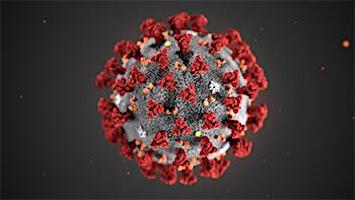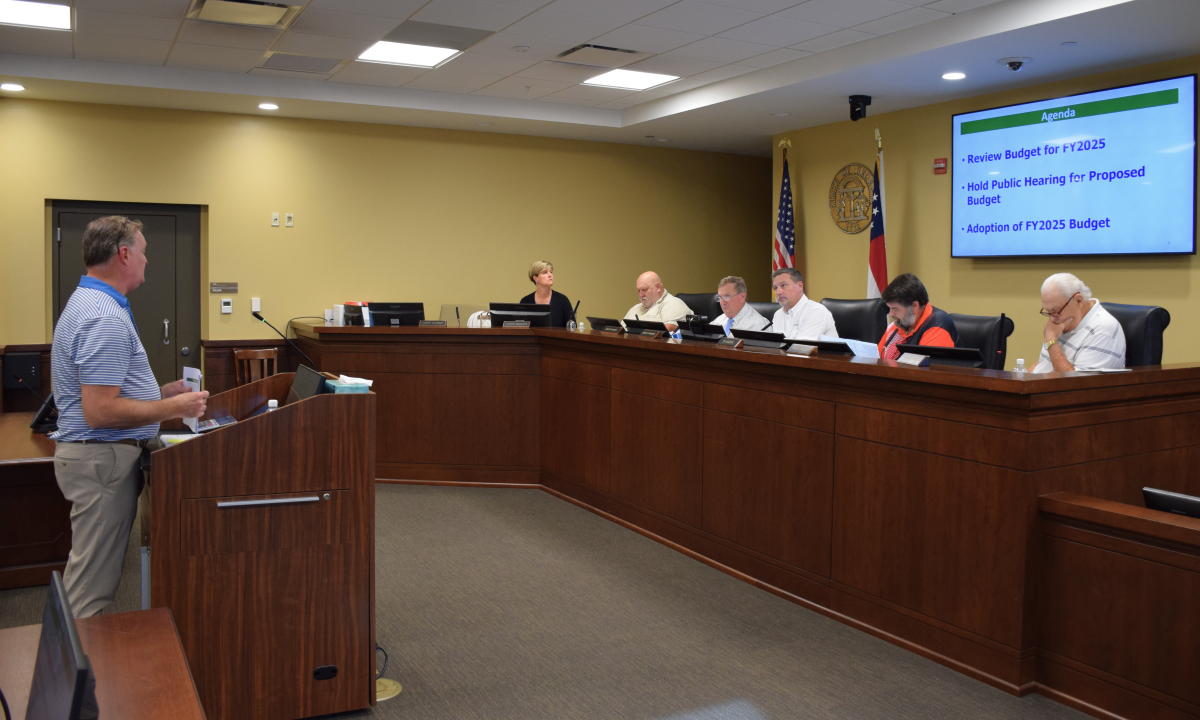
Everyone is searching for answers on how best to protect themselves and their loved ones in this global pandemic. As healthcare professionals and scientists learn more about Coronavirus (COVID-19), some CDC guidance has changed and misconceptions regarding the disease have come to light. That’s turned medical experts into mythbusters.
Dr. Supriya Mannepalli is the Medical Director of the Northeast Georgia Physician Group (NGPG). She offers this myth-busting advice.
MYTH #1:
I should wear a surgical mask or N-95 respirator to protect myself from COVID-19.
FACT: The CDC recommends wearing a cloth face mask in public settings, such as grocery stores or pharmacies, where social distancing measures are difficult to maintain. Surgical masks and N-95 respirations are critical supplies and should be reserved for healthcare workers and other first responders. Maintaining 6-feet social distancing remains the most critically important factor to slowing the spread of the virus.
MYTH #2
Patients should stop their ACE-I or ARBs (blood pressure) medication due an increased risk of developing COVID-19.
FACT: There is no clinical evidence of a connection between angiotensin-converting–enzyme (ACE) inhibitors or angiotensin-receptor blockers (ARBs) and risk of coronavirus illness.
According to the American Heart Association, the American College of Cardiology and the Heart Failure Society of America, COVID-19 patients who have underlying hypertension, heart failure or ischemic heart disease should not stop taking their ACE inhibitors or ARBs.
Patients who discontinue these blood pressure medications are at an increased risk for heart attack and stroke.
MYTH #3:
Blowing a hairdryer up my nose will kill COVID-19.
FACT: Our nose carries bacteria as part of the normal flora. WHO has said that hair dryers cannot kill the new coronavirus and noted that the virus can still be transmitted in hot and humid climates.
MYTH #4
COVID-19 can be transmitted through mosquito bites.
FACT: WHO reports that there is no evidence to suggest that the new coronavirus can be transmitted by mosquitos. COVID-19 is transmitted primarily through respiratory droplets generated when an infected person coughs, sneezes or talks.
MYTH #5:
Animals can spread COVID-19 to people.
FACT: According to the CDC, some coronaviruses that infect animals can sometimes be spread to humans and then spread between people, but this is rare. At this time, there is no evidence that companion animals, including pets, can spread COVID-19 to people or that they might be a source of infection in the United States.
Northeast Georgia Health System which issued this guidance encourages the public to get updated information regarding COVID-19 from reliable sources like local public health authorities, CDC and WHO. Also, health professionals continue to urge everyone to do their part to prevent the spread of illness by staying home and practicing social distancing.
SEE Pharmacists separate COVID-19 fact from fiction







